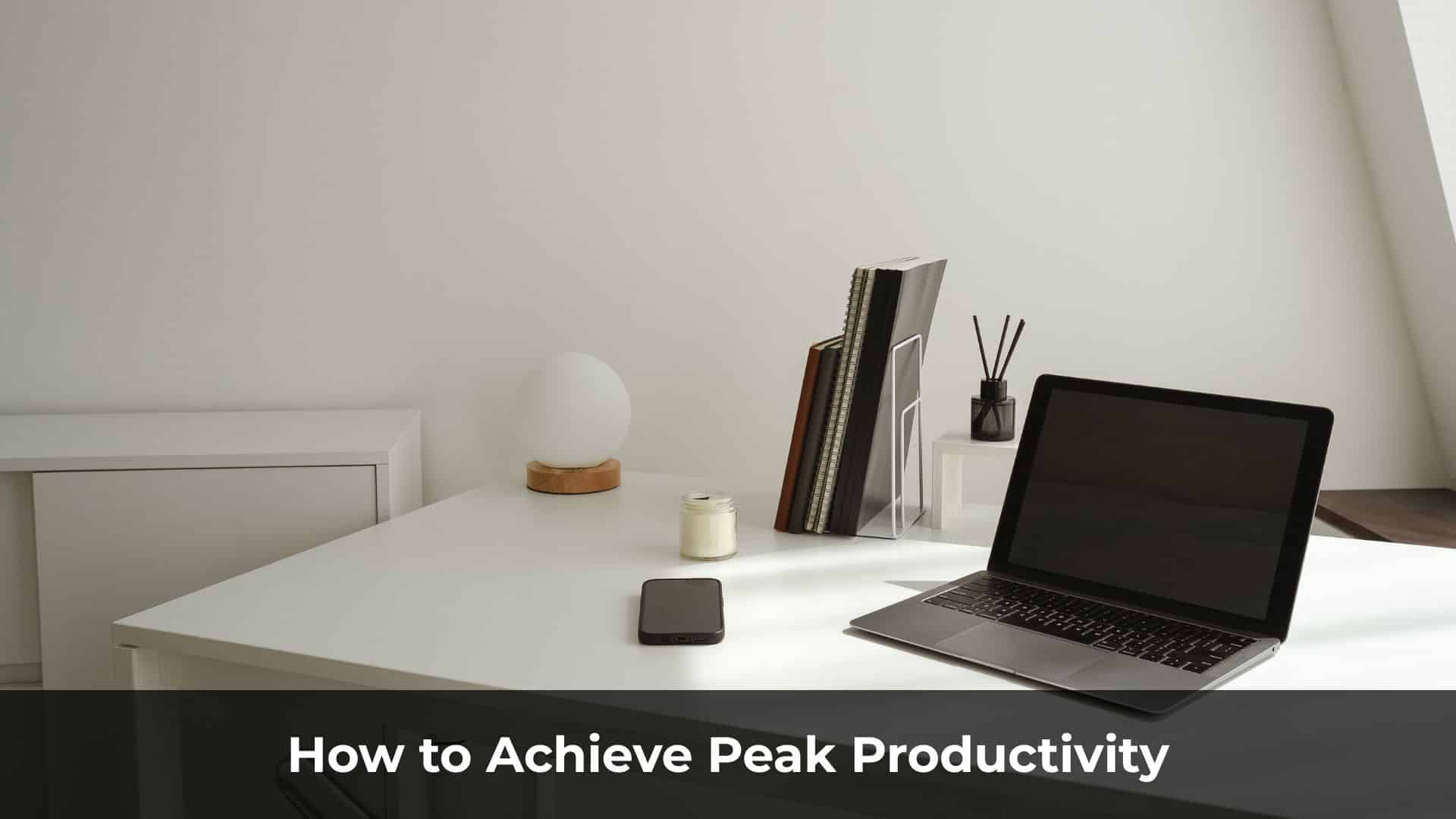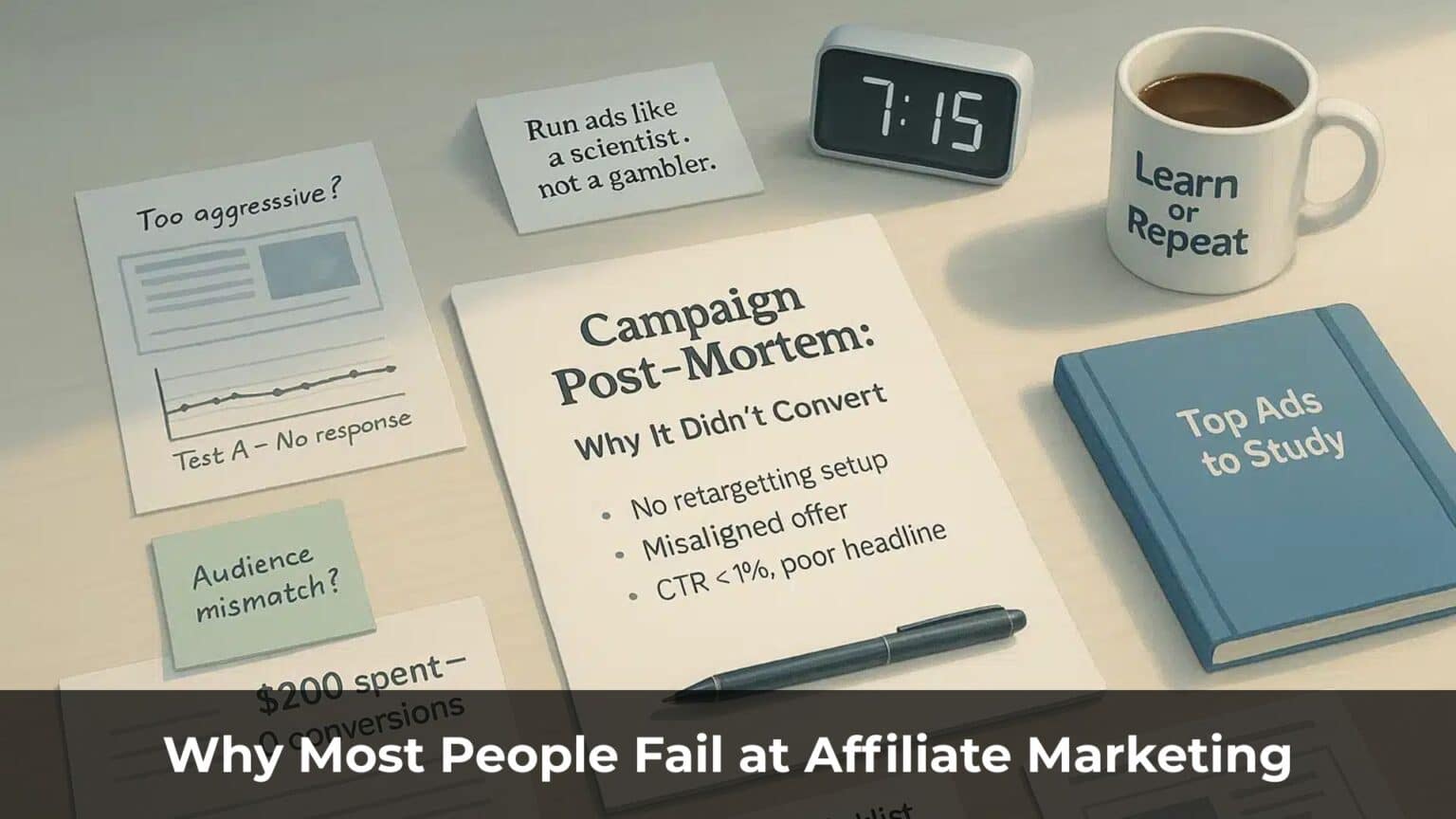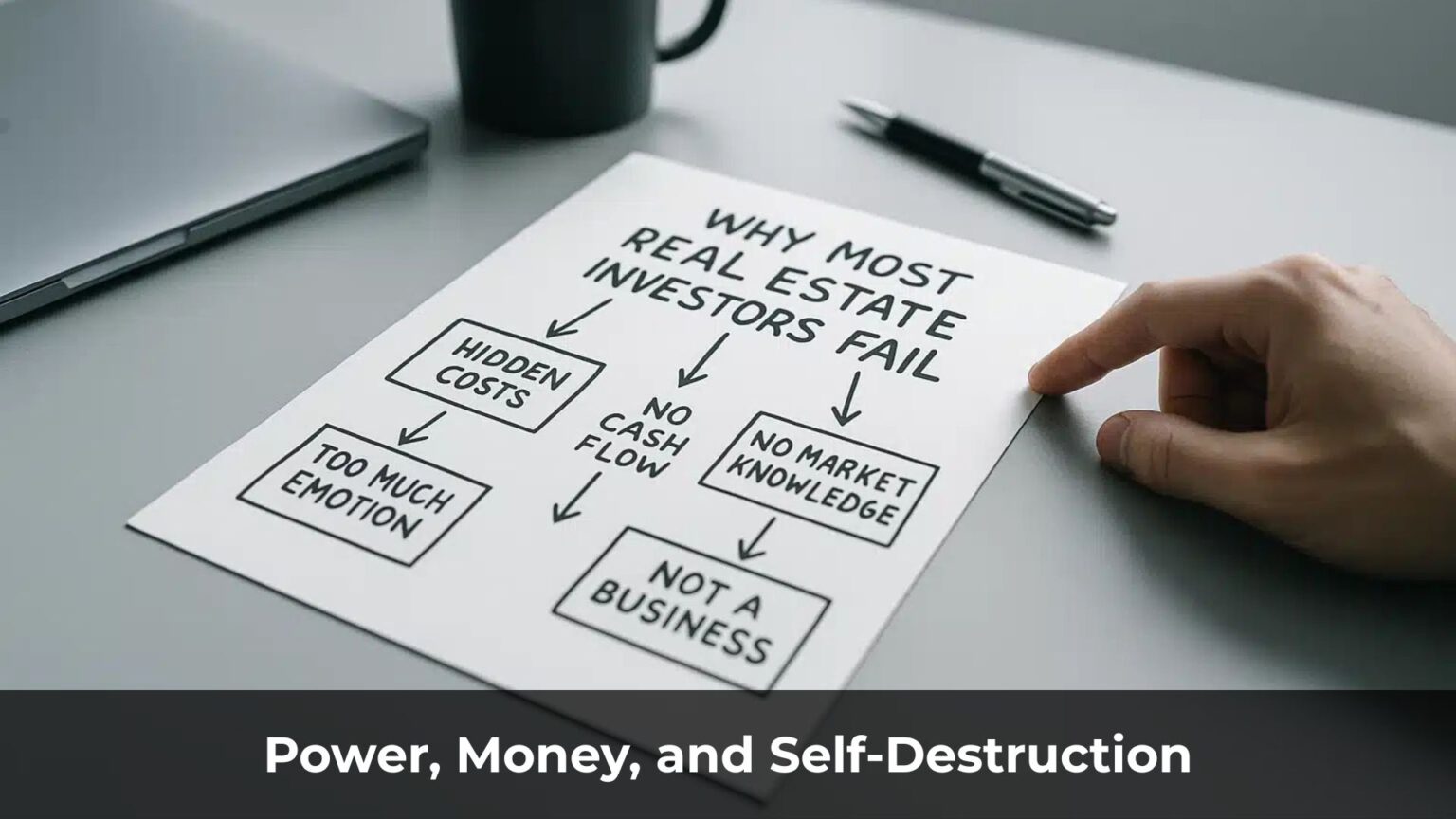I’m someone with an extremely packed schedule. Over the past few years, the volume of work on my plate has skyrocketed.
That’s why I’ve had to push myself to operate at the productivity level of a CEO—just to keep up and continue growing my business.
I know many of you are just as busy. Some of you are juggling multiple jobs, while also taking care of your families.
It can feel like running on a hamster wheel—nonstop effort with no real progress. You’re constantly working, yet results feel out of reach.
This isn’t a post to brag about how busy I am. But the truth is, I deal with an overwhelming amount of responsibilities—far more than most people—and I face unique challenges every day.
There are times I have to finish tasks mid-flight, manage multiple teams across time zones… and it’s anything but easy.
In this post, I’ll share the key lessons and strategies I’ve learned over the years to work smarter, not just harder.
Table of Contents
ToggleFocus on What Truly Matters
I remember a moment when my to-do list had been trimmed down to just 10 items.
Still, everything felt chaotic. I had to pause and ask myself: “What is the most important task right now?”
Out of all these things, which three tasks will truly move the needle today? Which ones are aligned with my long-term goals? Which are simply urgent—but not necessarily important?
The truth is, our energy and time are limited. You can’t do everything. And trying to tackle it all often leads to burnout, not progress.
That’s why I’ve learned to focus ruthlessly on what actually matters. It’s far more effective to spend your energy on high-impact tasks than to waste time reacting to distractions or handling low-priority work.
Plan Your Day the Night Before
This simple habit makes a big difference.
Every evening, I spend about 10 minutes planning the next day. I use Google Calendar to map out my schedule—hour by hour.
Do I always stick to the plan? Not exactly. Life is unpredictable, and things often change.
But I’ve found that even if I follow just 70% of the plan, my productivity increases significantly.
I start by writing down the non-negotiables—things like a flight, a meeting, or a fixed commitment. Then I build the rest of my schedule around those.
Each morning, I check my calendar and instantly know what needs to get done. It gives me clarity, structure, and momentum to start the day with purpose.
Non-Negotiable Habits
I have a major seminar scheduled for tomorrow. There’s a lot to prepare—slides to review, talking points to refine, presentation skills to rehearse…
It’s tempting to skip the usual routines—like meditation or hitting the gym—especially when things get busy.
But I still make time for both every morning, no matter how packed my schedule is.
Why? Because skipping your daily habits when you’re “too busy” is a dangerous trap.
If I skip meditation today, there’s a five times higher chance I’ll skip the gym tomorrow. Before I know it, I’ve fallen off the wagon for weeks.
These habits create a foundation for everything else. Once they’re disrupted, the ripple effect can be massive.
There’s a quote I remind myself of often: “The moment you feel like skipping meditation—that’s when you need it the most.”
Managing Daily Chaos
You might have a solid to-do list planned out—but every day, chaos finds a way to creep in.
Let’s say your main task is to build a new website. Simple enough, right? But suddenly:
- Your server goes down.
- Your inbox is flooded with urgent emails.
- A client wants to take you out for lunch.
- You just got kicked out of an affiliate offer that was generating profit.
The day quickly turns into a storm of random, messy, unexpected tasks—things you didn’t plan for but now have to deal with.
I call this “cave time.”
It’s the dedicated hours where you sit down, unplug, and tackle problems head-on. No phone. No social media. No checking your texts—or thinking about your girlfriend every five minutes.
Just deep focus.
Every single day, I block out at least three hours of “cave time.” That’s when I do my best thinking, problem-solving, and creative work.
No matter how chaotic the day gets, if I protect those three hours, I end up feeling sharp, productive, and in control.
The Power of Healthy Pressure
It was Friday morning, and I suddenly realized—I hadn’t published anything on my website all week.
So I set a 1-hour countdown timer. The rule was simple: write something, anything, and hit publish by the time it ended.
That’s how I’ve trained myself to work under pressure.
You see, we’re all used to external pressure—deadlines from a boss, expectations from clients, demands from a team.
But once you become your own boss, that pressure disappears.
When you do affiliate marketing full-time, no one tells you what to do. You earn enough to take care of your family, and no one’s breathing down your neck.
Sounds great… until you realize that pressure was actually helping you get things done.
Without it, the quality of your output tends to slip. Things drag on. You fall into perfectionism.
One mindset that silently kills productivity is the need to make everything perfect.
Take this article for example—it’s maybe 80% perfect. I could spend another 5 hours polishing it… but I don’t have 5 spare hours today.
So I choose to publish it anyway. Imperfect action beats perfect procrastination.
Learning to Say No
This is one of the most important lessons I can share with you—because it truly changes everything.
When it comes to business opportunities, I probably say “yes” only once for every 25 times I say “no.”
Each day, I receive over 100 emails, messages, and requests—many of them asking for help with their campaigns. But I can’t possibly assist everyone.
I’ve learned that I’d rather spend that time writing blog posts that reach thousands of readers each month, than helping people one-on-one—especially when most of them don’t read, or apply, the advice I’ve already shared publicly.
We all have the same 24 hours in a day. If you want to get meaningful work done, you have to learn to be a little selfish. And remember: you don’t owe anyone your time.
Sometimes, you even have to say no to opportunities.
Once you start achieving a bit of success, you’ll notice something: the offers and invitations start flooding in. Business deals, collaborations, “can’t-miss” projects…
But if you don’t learn to filter and prioritize, you’ll get overwhelmed—and eventually…
… you’ll drown in a sea of opportunities.
Hire People to Support You
This is the final piece of the puzzle—the one that ties everything together.
Over the past two weeks, my campaigns have consistently brought in five-figure profits per day.
Was I the one constantly running ads, split testing creatives, and tweaking funnels? No. My team member handled all of that.
I invested time in training him—and now, I’m seeing the return.
Invoices, receipts, software subscriptions? I don’t deal with any of it. My operations manager takes care of that.
Seminar logistics, laptop setup, venue checkups? Handled by staff. I don’t touch it.
Ask yourself: Did Bill Gates become wealthy by answering customer support emails? Did Facebook succeed because Mark Zuckerberg wrote code every single day?
No.
CEOs get paid to think. They get paid for strategy.
If your business isn’t growing, there’s a 99% chance the bottleneck is you.
Don’t let yourself become the reason your company stays stuck.
Conclusion: Upgrade Your Productivity
The more I grow in business—and in life—the more I realize that success is really about how wisely you use your time.
If you want to achieve more, you don’t just need to work harder. You need to work smarter. You need to evolve.
That means building better habits. Thinking more strategically. And constantly upgrading your systems, your mindset, and your environment.
Productivity isn’t just about doing more—it’s about doing the right things with focus, intention, and consistency.
So keep learning. Keep leveling up. Keep pushing yourself to become better, even just 1% each day.
Because at the end of the day, that’s what real success looks like.













